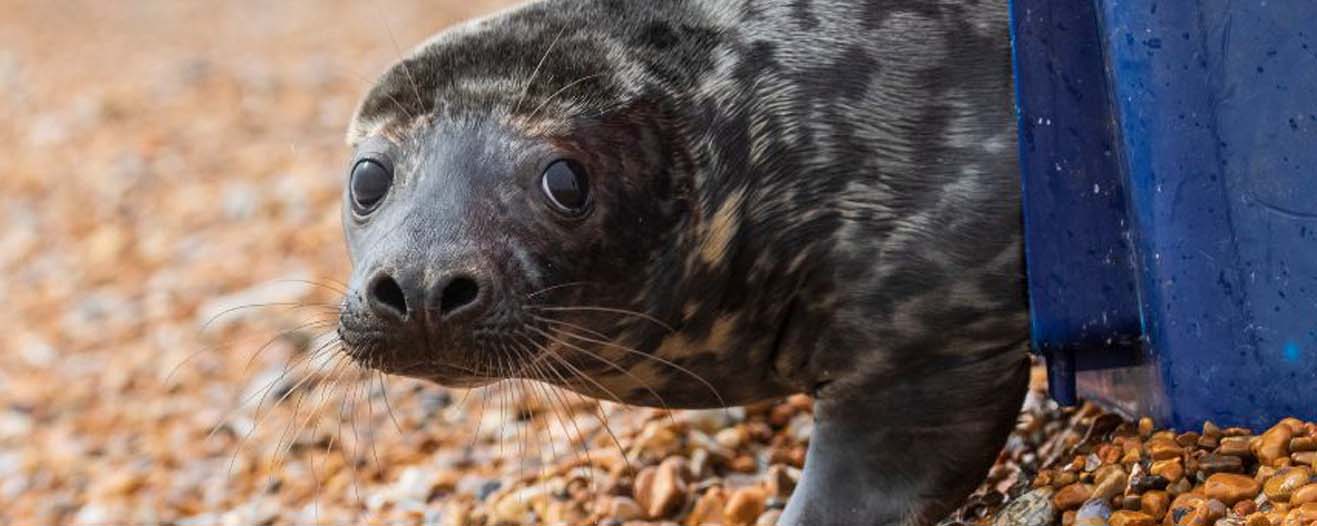- Find a Pet
- Advice and Welfare
- Ways to Give
- Get Involved
- What We Do
- Search
- My RSPCA
- Report a concern
- Gift in Wills
-
Colour modeVivid Calm
- Home
- What we do
- Care for animals
- Release
Release of wildlife
When wild animals are ready for release following care in our centres, it isn't as simple as just letting them go. To ensure they have the best possible chance of survival back in the wild there are things we need to consider:

Timing a wildlife release
Returning a wild animal to the wild not only depends on when the animal is considered fit and healthy for release, it also depends on the weather,season and even the time of day.
Extreme weather conditions may make it difficult for wildlife to re-adjust to their natural environment and young birds could find flying on a windy day a struggle.
Food must be in plentiful supply for that species and release of hand-reared orphans should coincide with the time when they would naturally be leaving their parents' care.
Nocturnal animals should only be released at dusk or later and diurnal animals (active by day) released early, allowing plenty of daylight for them to get used to their surroundings.
The right location for wild animal releases
Where possible we release wild animals back to where they were found as quickly as possible, as they may hold territory in the area, or be part of a family group. They will also know the best spots to forage for food and places to shelter from weather, or hide from predators.
Extreme weather conditions may make it difficult for wildlife to re-adjust to their natural environment and young For some orphans, release sites are carefully chosen to give best chance of survival, where there is the opportunity to find a mate or a flock, plenty of food, water and suitable nest or den sites.birds could find flying on a windy day a struggle.
We must consider the dangers posed by humans. Roads in particular can cause problems for a wild animal trying to adjust to a new area and establish territorial boundaries.
We're always looking for release sites for different species. If you think you can help, please let us know through one of your Wildlife Rescue Centres.
We monitor some animals after release by tracking them, allowing us to check that we are giving the wildlife we care for the best possible chance of survival.
Stay in touch
Sign up to receive our emails today. Get more pet care advice, hints and tips on helping wildlife, our latest news, rehoming success stories and more directly to your inbox.



